To cope with loss, oncologists simply forget. Perhaps, “forget” is not the right word. “Compartmentalize,” “separate” or simply “contain,” may be better. We put all those wonderful people who have died, all that suffering, all those lives, in a corner closet of our minds, close the door and lock them away.
Perhaps. However, all those memories remain; they are part of me. Quietly, they change how I practice medicine, what I feel and how I live. Sometimes, they come back in remarkable ways.
Almost three decades ago, when I finished training and went into practice, I took an intensive review course in Cancer Medicine, in Boston. I remember the excitement of the newest research, the brilliant ideas and the astonishing diversity of disease. Most of the illnesses we discussed I had read about and studied, but I had never seen. I was frightened, but thrilled, to be starting my career. I wondered what I would see and do.
This week, I returned to Boston, to take that same review course. I was feeling a little rusty around the edges and decided that 50 hours of focused lecture about the newest discoveries, given by the best minds in oncology, would do be good for my patients and me. I was not wrong. The course was exciting, revealing and cutting edge.
However, this time, 28 years later, there is a difference. Of course, the science of cancer medicine has advanced tremendously, with several hundred thousand articles published, thousands of new treatments and an understanding of disease barely dreamed in 1987. Now the core of advancing oncology is not biochemistry and x-rays, but immunology, computers and genetics. However, that is not the only vital, critical change. The big difference for me is the 25,000 patients I have seen since the first time I came to Boston.
As I sit in the lecture hall, and the speaker puts a PowerPoint slide on the screen, and he discusses a new therapy or particular disease breakthrough, I find that his words, the images on the screen, open, just a little, that place in my mind, in my soul, where I store all the hardest memories. I am forced to remember. The door opens up, just enough, to let out one or two patients who suffered from that particular cancer. In that moment, that patient, that person, that family, is with me again.
I remember the disease and what it did to that person, who, for a short while, depended on me. I remember the hopes, the prayers and the battle. I remember fear and suffering. I remember joy, celebration and love. I remember the treatments, in victory or defeat. Sometimes, in the most searing of moments, I remember the mistakes I made.
These are not mistakes in the “state-of-the-art” medicine I practiced. These are the things I did, which harmed or neglected, for which there was no better choice. They are the losses and errors which can be seen clearly now, looking back, through the advance of science and the perfection of hindsight. These people suffered and died because oncology did not known then, what we know now.
It is hard to hear the latest science, that most marvelous discovery, and not think of that young mother, that old man, that joyous artist, that vital leader or that smiling child, who could be saved today, but because they were sick 25, 15 or even 5 years ago, died. It rips my heart to hear discoveries, which indict my best efforts, my greatest gifts and hardest work. However, the regret rings hollow, when faced with overgrown headstones and all that remains of a life is ash in an urn.
I wonder if the changes, the advancements in medicine, in life itself, can clash so violently with the ghosts of the past, as to make one welcome failing memory, or seek pathologic distraction to reinforce denial. Perhaps. Nonetheless, in order to use the latest tools and fight for today’s patients, I will gently close the closet door, once again. However, wisps of memory, of those lives, will always remain. Every cure is built on the dreams and graves of those that have come before.

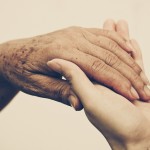
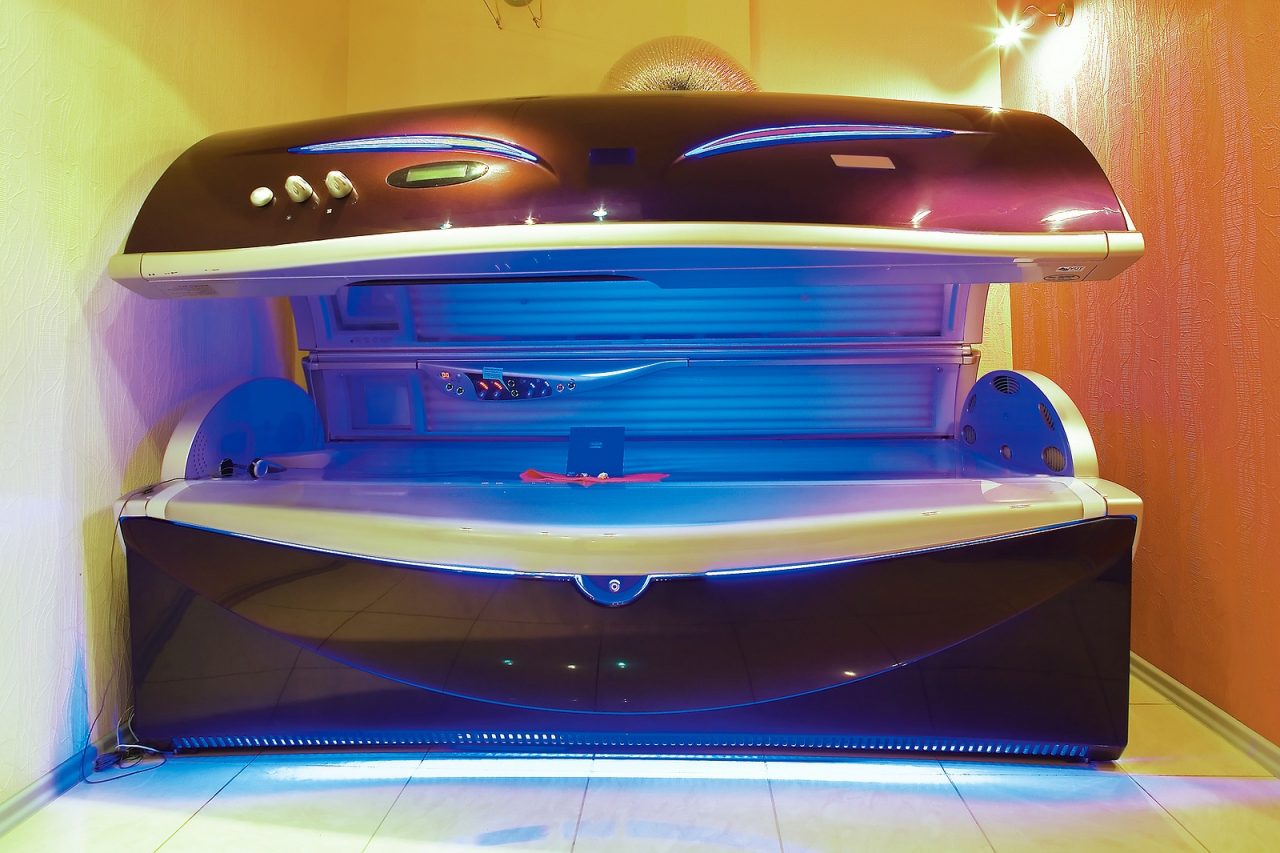

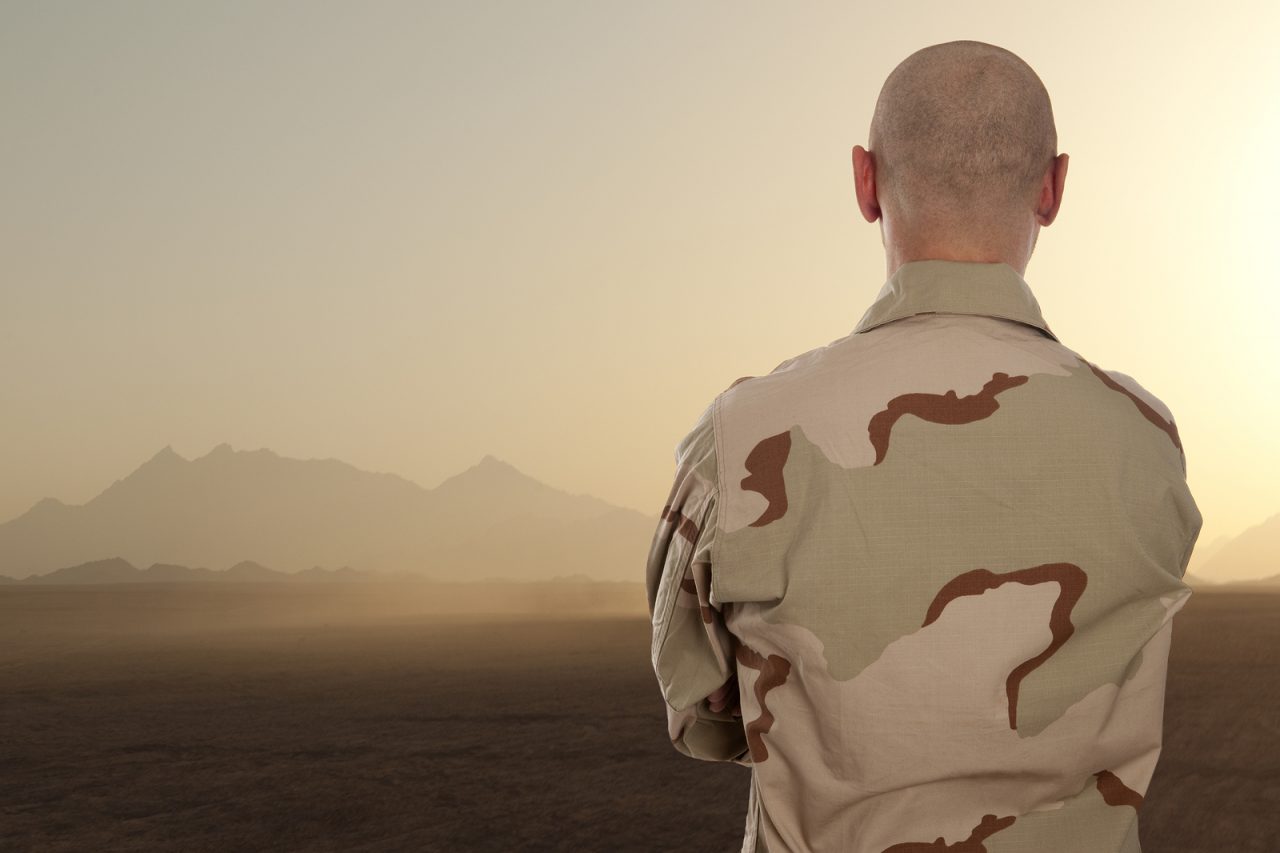
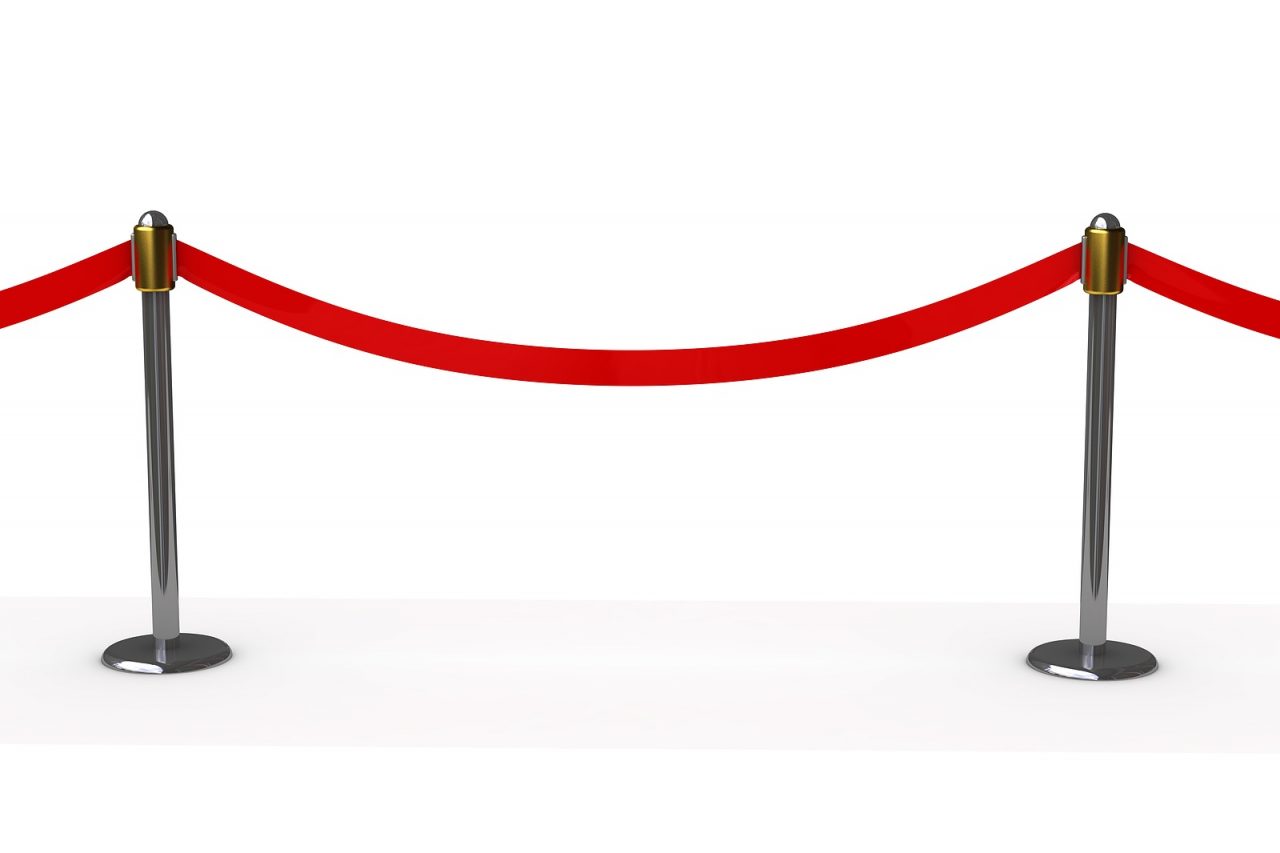
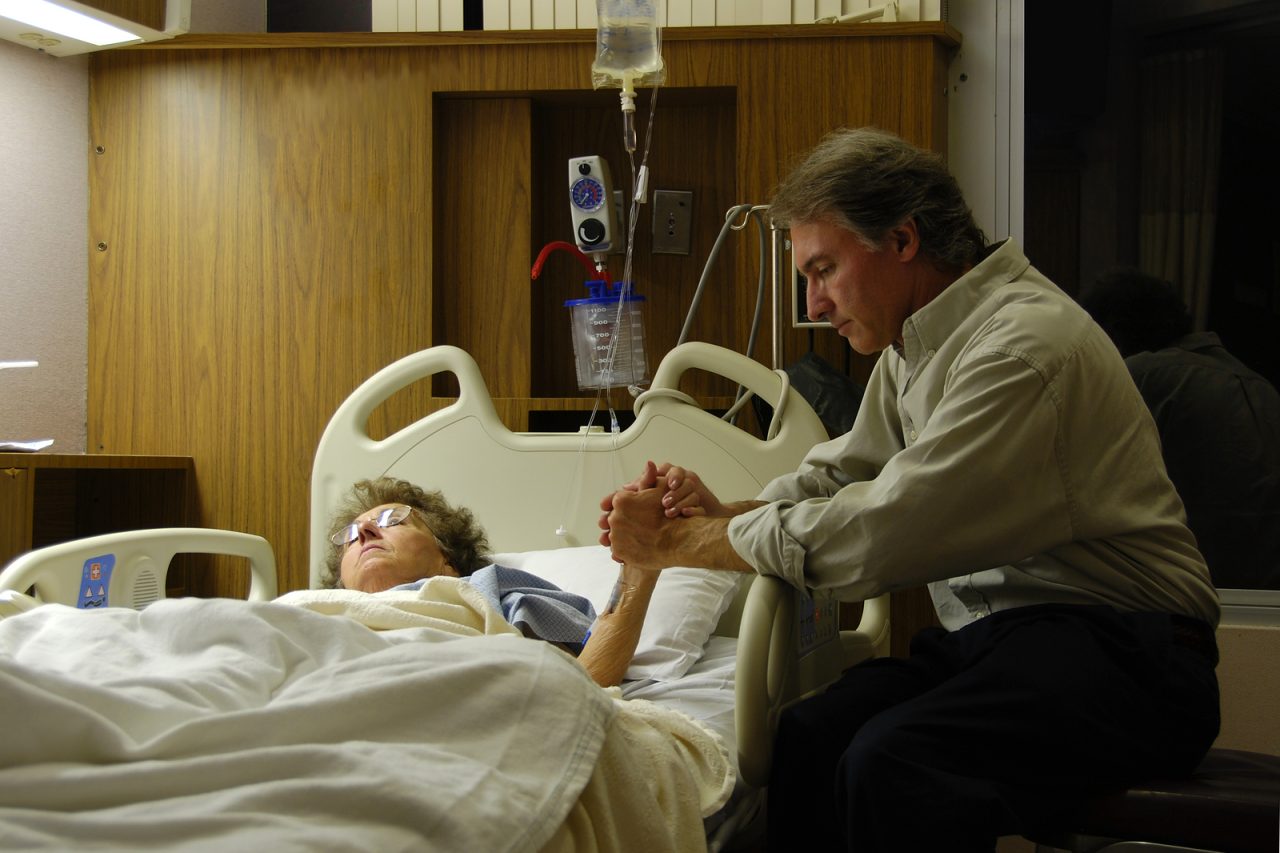
4 Comments